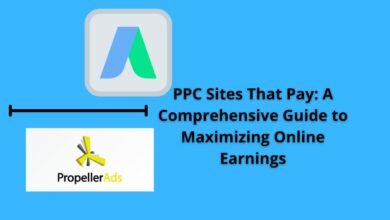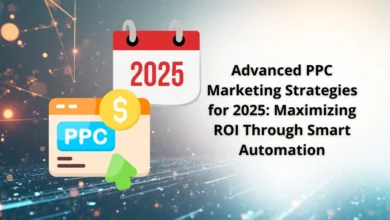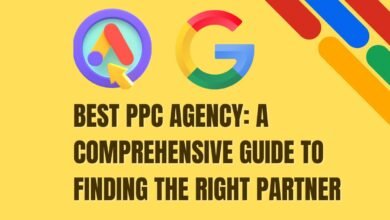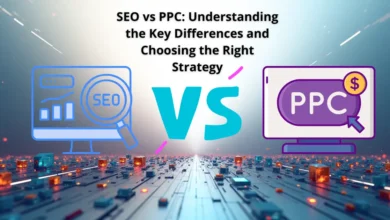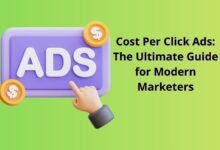How PPC Bidding Algorithms Work: A Deep Dive into Google Ads Mechanics
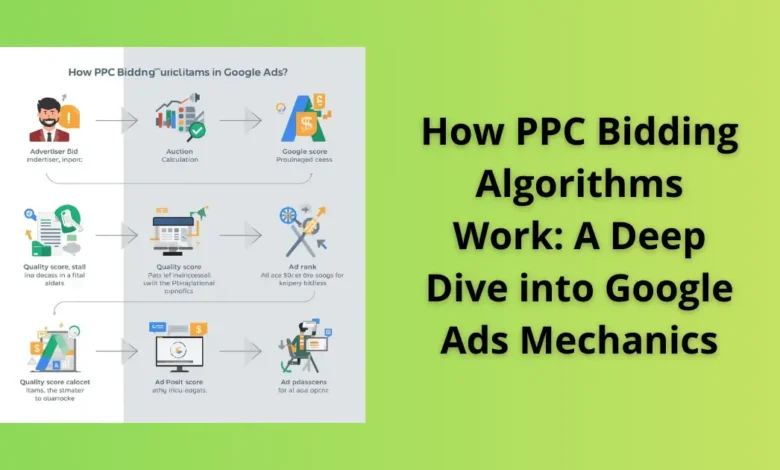
PPC Bidding Algorithms explained simply for beginners to boost ad performance, ROI, and understanding of Google Ads mechanics
table of contents
Introduction to PPC Bidding Algorithms
Pay-Per-Click (PPC) advertising is a cornerstone of digital marketing, helping businesses reach their target audience quickly. But have you ever wondered how Google decides which ad to show and how much you pay for each click? The answer lies in PPC bidding algorithms.
These algorithms determine the winner of ad auctions in a way that balances the advertiser’s bid, the quality of the ad, and the relevance to the user’s search. Understanding these mechanics is essential for beginners, freelancers, and small business owners looking to optimize their ad campaigns without overspending.
This article simplifies PPC bidding algorithms, explains different bidding types, and provides actionable tips for maximizing ad performance.
You can find additional details on PPC Marketing Hub.
How PPC Bidding Algorithms Work
At the heart of PPC campaigns are the bidding algorithms, which decide which ad gets displayed when a user enters a search query. Unlike a standard auction, the winner isn’t necessarily the highest bidder. Google evaluates multiple elements:
- Maximum Bid – This is the highest amount you are willing to pay per click.
- Quality Score – Google measures your ad’s relevance, expected click-through rate (CTR), and the user experience on your landing page.
- Ad Rank – A calculation combining your bid and Quality Score. Higher Ad Rank increases the likelihood of your ad being shown at the top of search results.
Example:
Suppose two advertisers bid on the keyword “online marketing course”:
- Advertiser A bids $2 per click with a highly relevant and well-crafted ad.
- Advertiser B bids $3 per click but has a poorly written ad.
Despite Advertiser B bidding more, Advertiser A could win because their Ad Rank is higher due to a superior Quality Score. This highlights that strategy and relevance often outweigh the bid itself.
Types of PPC Bidding
Choosing the right bidding strategy is crucial for maximizing conversions and ROI. Here are the main types:
1. Manual CPC (Cost-Per-Click) Bidding
You set the maximum cost you’re willing to pay for each click. Manual CPC offers full control but requires regular monitoring and adjustments.
2. Enhanced CPC (ECPC)
Google automatically adjusts your bids slightly to improve the chances of conversions, while still adhering to your maximum bid limits.
3. Target CPA (Cost-Per-Acquisition)
Instead of focusing on clicks, you target conversions. Google adjusts bids to achieve your desired cost per acquisition.
4. Target ROAS (Return on Ad Spend)
Primarily used for e-commerce campaigns, this strategy optimizes bids to maximize revenue rather than clicks.
5. Maximize Clicks or Maximize Conversions
Automated strategies where Google’s AI adjusts bids to get the most clicks or conversions within your budget.
Factors That Affect PPC Bidding
Even small changes in your campaign settings can affect outcomes. Key factors include:
- Ad Relevance – Ads closely matching user queries tend to cost less and perform better.
- Landing Page Quality – A fast, user-friendly page with relevant content increases Quality Score and reduces CPC.
- Competition Level – Popular keywords with high demand cost more.
- Device and Location – Mobile and desktop users, as well as geographic regions, may influence bidding costs.
Understanding these elements helps beginners maximize ROI without unnecessarily increasing their budget.
Tips for Beginners to Maximize PPC Performance
- Use long-tail keywords: Specific phrases attract qualified traffic at lower costs.
- Monitor CTR regularly: Adjust underperforming ads to improve engagement.
- Test multiple ad variations: Headlines, descriptions, and CTAs can significantly impact performance.
- Optimize landing pages: Ensure relevance, speed, and clarity to convert clicks into actions.
- Apply negative keywords: Prevent wasted spend on irrelevant searches.
By following these strategies, beginners can gradually improve ad performance and make every dollar count.
Conclusion
Understanding PPC bidding algorithms doesn’t have to be complicated. By breaking them down into maximum bid, Quality Score, and Ad Rank, beginners can clearly see how Google decides which ads appear and at what cost.
The key takeaway is that quality and relevance often matter more than sheer bid amount. By applying strategic bidding, optimizing ads and landing pages, and continuously monitoring performance, anyone can run successful PPC campaigns and maximize conversions, even on a limited budget.
FAQ
Q1: What is a PPC bid?
A PPC bid is the maximum amount an advertiser is willing to pay for a click on their ad.
Q2: Does the highest bid always win?
No. Google combines the bid and Quality Score to calculate Ad Rank, which determines the winner.
Q3: What is a Quality Score?
Quality Score evaluates ad relevance, CTR, and landing page experience. Higher scores reduce costs and improve placement.
Q4: Which bidding strategy is best for beginners?
Manual CPC and Maximize Clicks are recommended for beginners due to simplicity and ease of monitoring.
Q5: Can I run a successful campaign with a low budget?
Yes, by targeting long-tail keywords, optimizing landing pages, and monitoring ad performance closely.
Discover more from Feenanoor
Subscribe to get the latest posts sent to your email.
